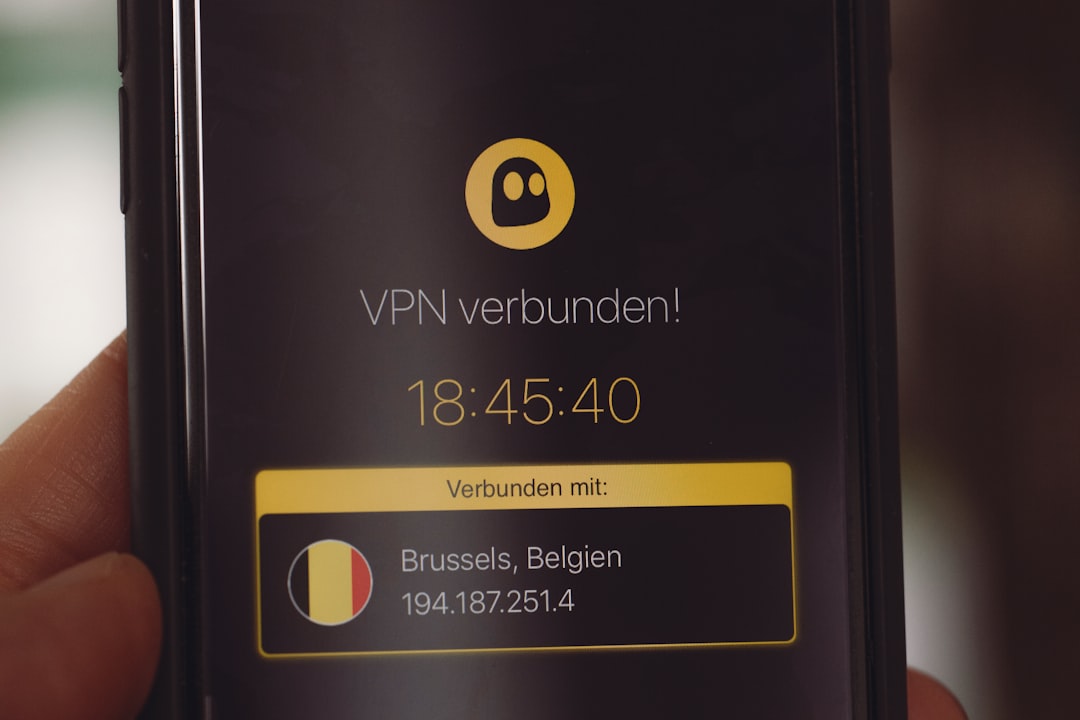757 reads
Military Grade Encryption Won’t Save You, or Your Business
by
December 10th, 2019
About Author
Security Researcher, Engineer, Tech Columnist | https://hey.ax/
Comments
TOPICS
Related Stories
Git in 2016
Jan 11, 2017
Git in 2016
Jan 11, 2017
